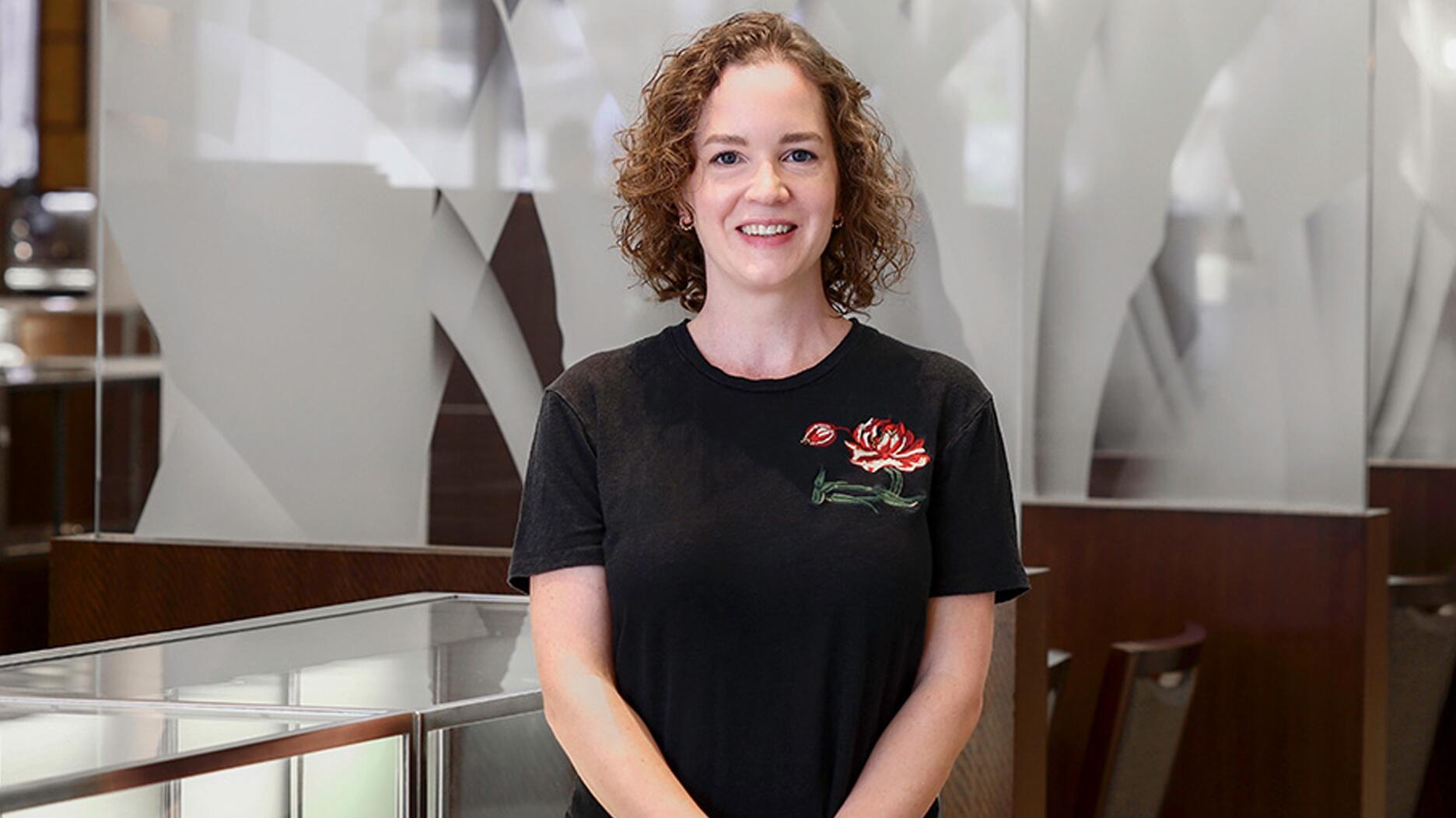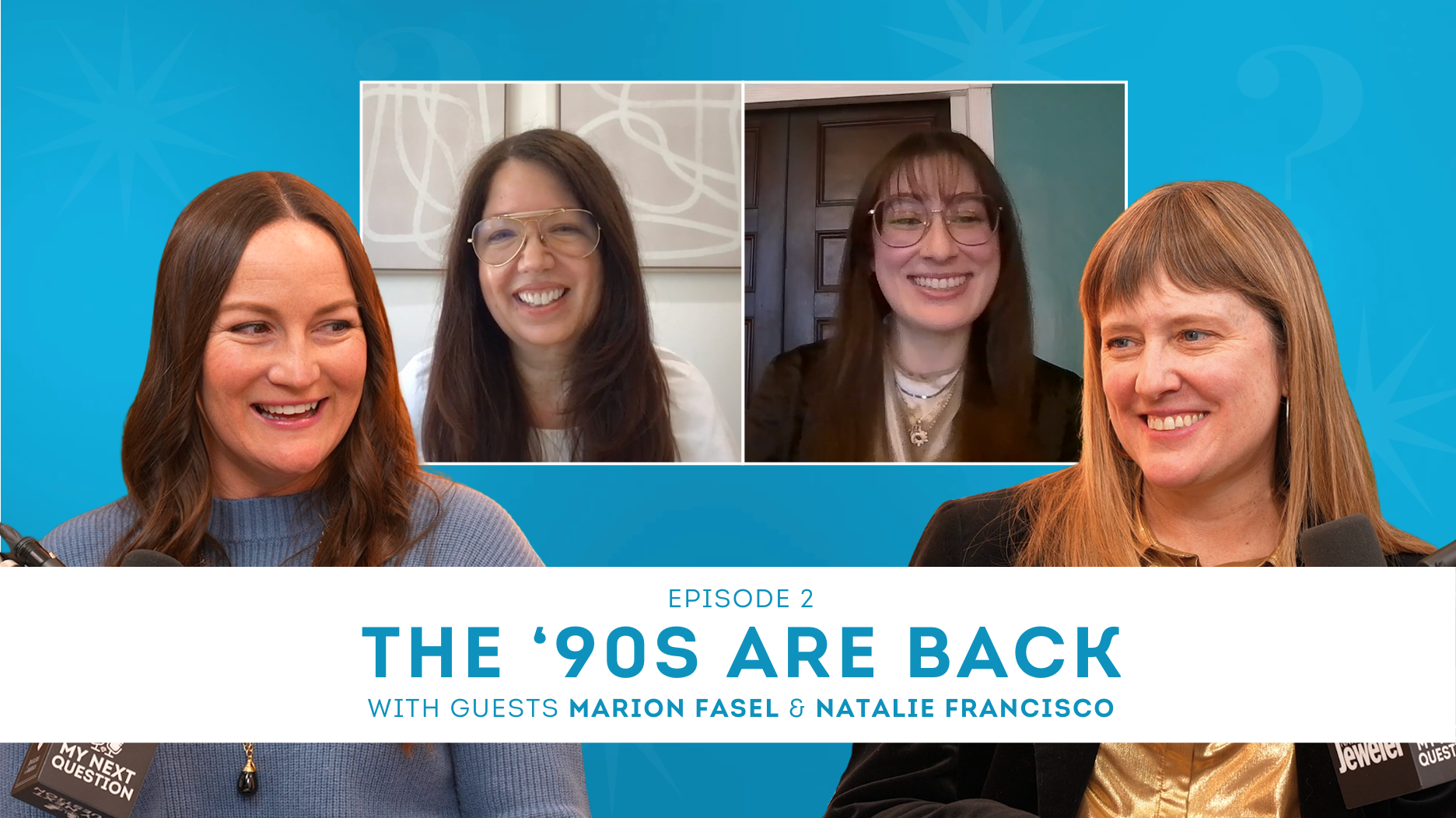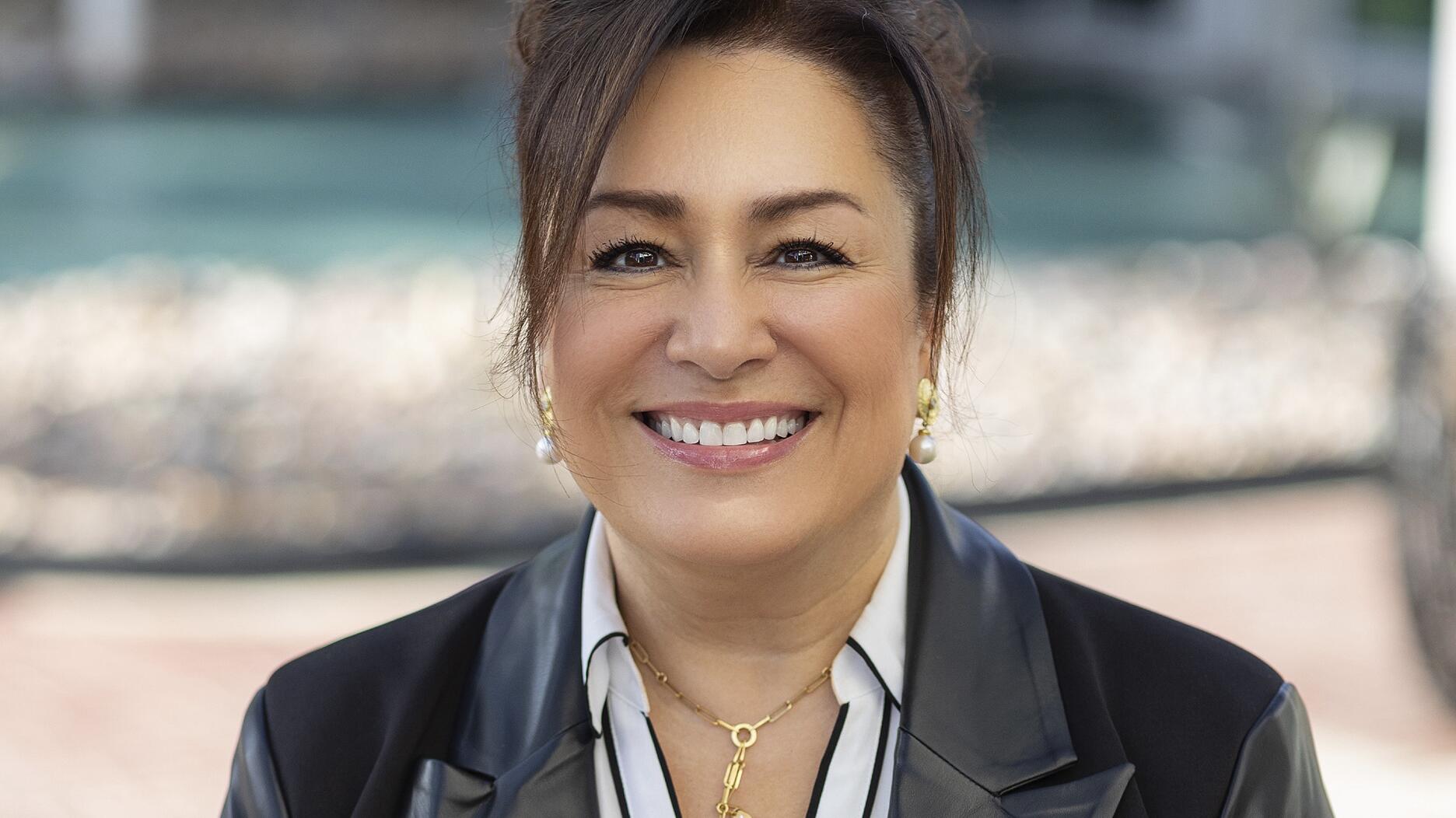Diamond jewelry was the star of the event formerly known as the SAG Awards.
About Retail: Keeping It All in the Family
R.F. Moeller Jeweler is transitioning to the next generation of leadership. Here’s how the family made the deal come together with minimal angst.

Do I want my business to continue to exist? Or do I want to sell it and not worry about it?
Mark Moeller opted for the former, and now is passing R.F. Moeller Jeweler, which has stores in Minnesota, Saint Paul and Edina, down to his sons, Brian and James, and his brother, Bob.
Here’s how the family made the deal come together while preserving their personal relationships.
From Fun to the Family Business
Mark Moeller, by his own admission, didn’t really have much direction after high school. He was attending college, pursuing a liberal arts degree and, he says, “having fun.”
But Mark’s course changed when his cousin who was working at the family store got drafted for Vietnam and Mark was asked to fill in.
Mark took an interest in jewelry design and gemology, and he never left. “At that time, my fate was fixed,” he says.
Bob, who is younger than his brother by 16 years, followed Mark into the family business about two decades later after the unexpected death of their father on Dec. 23, 1990, at the age of 67.
He was 23 years old at the time. Mark asked him to come into the business and try it for a year and, just like his brother before him, it was a quick, temporary change that became permanent.
“This business gets in our blood, so I stayed,” Bob says. “It’s great.”
Fast-forward a little and you’ll find both Mark and Bob still running the family jewelry store but beginning to formulate a plan for the elder brother’s eventual exit.
Everything Is Not Fine
Mark had been adamant about the importance of having a solid succession plan well before it was his time to think about retiring.
He says that in 1988, he told his parents that they had to put a plan in place for their exit from the business. Their response to this was, “Why?”
“They didn’t want a plan in place. They thought everything was fine,” he says.
Bill Boyajian, a former GIA president who now acts an industry consultant whose specialties include family transition and succession planning, says this kind of reaction is not uncommon among people of that generation, the parents of the baby boomers who are in their 80s and 90s today.

Mark says in his case, he believes it was a control issue, meaning his parents did not want to cede any by elevating him from a salesperson to an officer of the company. The issue got so contentious that he nearly left the family business.
Though his father eventually sat him down and they hammered out an agreement before his untimely passing in 1990, Mark wanted the process surrounding his own exit from the family business to be less fraught.
He knew what else he wanted too: to see the family store stay open; to get enough money out of the business so he and his wife, Carol, could live comfortably without leaving his brother and sons in a precarious financial position; to still be involved in the aspects of the business that he genuinely enjoys; and to have an agreement hammered out that would kick in around the time he turned 65.
But he, too, would have to learn a lesson in letting go for it to happen.
The Plan
The Moeller succession plan started out with a present.
Mark and Carol gifted 49 percent of the business to their sons and Bob, a gift that came with an enormous tax break for them.
After breaking up the business via this gift, the Moellers had their three-store operation evaluated again and reached an agreement that Bob, Brian and James would buy out Mark’s remaining share in the company over a period of 10 years, beginning Dec. 1, 2016.
During that decade, he remains under contract to the store. He can come and go as he pleases--and, these days, his pleasure is to spend the winter months far away from Minnesota--but still handles certain tasks. These include negotiating with the bank and insurance company and being involved in the purchase of larger diamonds and in the store’s antique and estate jewelry business.

Carol, who has been part of the family since 1974 and worked at the store since 1983, still does the company’s human resources but also has more freedom in her role. She does it remotely from Florida in the winter, and while she still comes into work every day when she’s in Minnesota, she’s working shorter hours.
Bob, Brian and James have ownership but they don’t have complete control until the buyout is complete in 2026, with Mark retaining controlling interest in the voting stock of the business until he’s fully paid off. In addition, ownership of the business cannot pass beyond Bob, Brian and James during the next decade.
Reflecting on the process via telephone from his winter home in Florida, Mark says, “I don’t think it was contentious at all,” which is, ostensibly, just what he was looking for after what we went through with his own parents.
Egos Aside
The Moellers, who were interviewed together for this story, and Boyajian all agree on the factors that made the process go smoothly.
The parties involved were able to, number one, put self-interest and ego aside and do what was best for the business overall.
Boyajian says Mark learned to trust him, trust the process and let go. The family patriarch had to get comfortable with the idea that he was no longer the kingpin, and he did.
Brian, who at 39 is the older of Mark’s sons, also mentioned his father’s focus on longevity of the business, not how much money he could get out of it. Bob echoed that idea, noting that Mark and Carol “did not get greedy.”
From Mark’s perspective, “I wanted to make sure the balance sheet wasn’t affected so that their ability to borrow money wasn’t affected by their buying out Carol and me.”
“These decisions, if you take time and think about them, are pretty simple,” he says. “That is the key--not being greedy.”
And both Brian and his younger brother, 36-year-old James, credit their Uncle Bob, 49, with treating them as equals even though he’s been in the business a lot longer than they have.
Bob says he’d rather work with this two nephews--who bring fresh ideas and a younger person’s perspective--than try to do everything himself.
“Marriages just don’t break up. They erode slowly over time … The same thing is true in partnerships, and the same thing is true in family businesses.”--Bill Boyajian
Another factor that helped the Moellers move the business to the next generation was their willingness to ask for help.
Mark says they worked with a few very good consultants along the way--chief among them Boyajian, who was a “tremendous help” and a “team builder.” Bob stressed the importance of having a great accountant involved. In their case, it was their in-house chief financial officer.
For his part, Boyajian says he approaches the family transitions he’s hired to consult on like a counselor. He likes to get to know each member of the family personally and understand what motivates them.
He also encourages the family members to get to know each other better.
With the Moellers, he had Bob start going out to breakfast with Brian and James once a week.
These weekly meetings get them out of the store and give them the chance to talk offline and develop a relationship. Even if one of them is out of town, the other two still get together.
Boyajian says he looks at the relationships within family businesses through the same lens he views marriage, and if there’s one thing he knows after 37 years of marriage, it’s that two people can always get closer.
“Marriages just don’t break up. They erode slowly over time. Then, suddenly, one thing happens and that’s the straw that breaks the camel’s back,” he says. “The same thing is true in partnerships, and the same thing is true in family businesses.”
The Latest

Consumers were somewhat less worried about the future, though concerns about rising prices and politics remained.

Foerster is this year’s Stanley Schechter Award recipient.

Every jeweler faces the same challenge: helping customers protect what they love. Here’s the solution designed for today’s jewelry business.

Sponsorships and tickets to the annual fundraising event, set for May 31, are available now.


Chicago police and members of the U.S. Marshals Service tracked down the 35-year-old suspect earlier this week in St. Louis.

Owners of the Ekapa Mine reportedly filed for liquidation about a week after a mudslide trapped five workers who have yet to be found.

With refreshed branding, a new website, updated courses, and a pathway for growth, DCA is dedicated to supporting retail staff development.
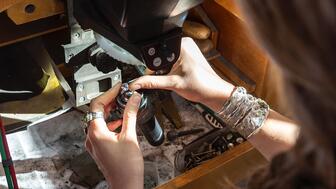
A 10-year alliance has also begun to address the shortage of bench jewelers through scholarships, enhanced programs, and updated equipment.

The “Splendente” collection has evolved to feature hardstone letter pendants, including our Piece of the Week, the onyx “R.”
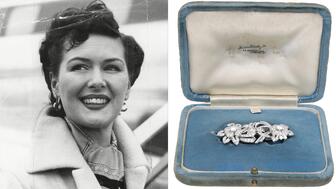
The jewelry collection belonged to “one of society's most glamorous and beautiful women of the mid-20th century,” said the auction house.

The update came as Anglo took its third write-down on the diamond miner and marketer, which lost more than $500 million in 2025.
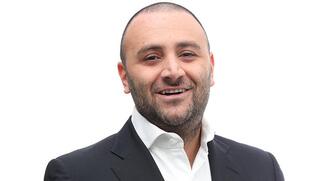
Emmanuel Raheb discusses the rise of “GEO” and the importance of having well-written, quality content on your website.

Each received around four years for burglarizing a jewelry store and a coffee shop in Simi Valley, California, last May.

Catherine Aulick, a GIA graduate, received the ninth and final Gianmaria Buccellati Foundation Award for Excellence in Jewelry Design.

We asked a jewelry historian, designer, bridal director, and wedding expert what’s trending in engagement rings. Here’s what they said.

Experts from India weigh in the politics, policies, and market dynamics for diamantaires to monitor in 2026 and beyond.

Beth Gerstein discusses the vibe of the new store, what customers want when fine jewelry shopping today, and the details of “Date Night.”

Are arm bands poised to make a comeback? Has red-carpet jewelry become boring? Find out on the second episode of the “My Next Question” podcast.

The Swiss watchmaker is battling declining sales amid a rapid retail expansion, according to a Financial Times report.
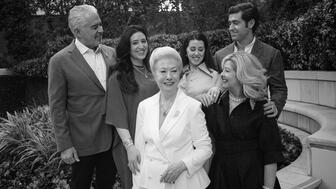
The campaign celebrates Giustina Pavanello Rahaminov, the co-founder’s wife and matriarch of the family-owned brand, for her 88th birthday.

After the Supreme Court struck down the IEEPA tariffs, President Trump imposed a 10 percent tax on almost all imports via a different law.

The vintage signed jewelry retailer chose Miami due to growing client demand in the city and the greater Latin American region.

Former Flight Club executive Jin Lee will bring his experience from the sneaker world to the pre-owned watch marketplace.
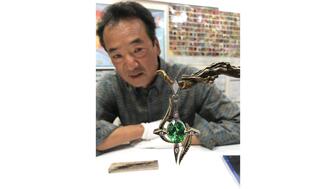
Sakamoto, who died in mid-January following a sudden illness, is remembered for his humility and his masterful, architectural designs.

The April event will feature a new VIP shopping day requiring a special ticket.

Bulgari chose the British-Albanian singer-songwriter for her powerful and enduring voice in contemporary culture, the jeweler said.










